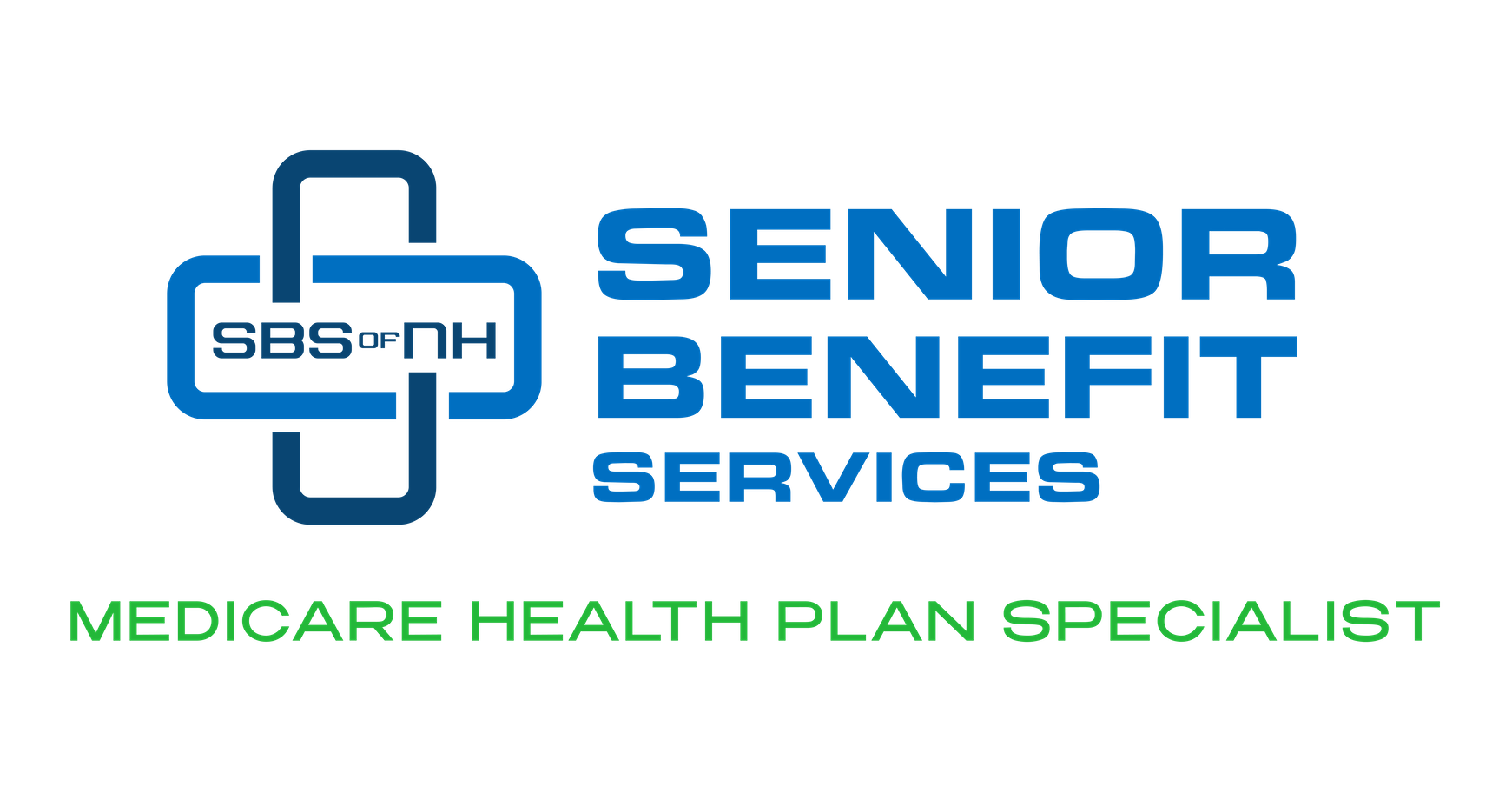Medicare can be a perplexing puzzle, especially when it comes to understanding how to navigate its reimbursement system. Many beneficiaries find themselves lost in the paperwork, unsure of how to reclaim money spent on eligible medical expenses. Yet, comprehending the Medicare reimbursement process is vital. It empowers beneficiaries to recover some of the costs for approved healthcare services and medications, giving them much-needed financial relief.
Claiming Your Medicare Reimbursement
Medicare Advantage (Part C):
If you've incurred expenses outside of your network, claiming reimbursements through your Medicare Advantage plan involves reaching out to your insurance provider for the appropriate forms and procedures. They will guide you through the specific requirements needed for reimbursement to ensure you are not left out-of-pocket for eligible services.
Original Medicare (Part A & Part B):
For those on Original Medicare, submitting a reimbursement claim requires a few key documents like Form CMS-1490S, an itemized bill from the provider, and a letter explaining the reason for your claim. You might need to make a claim if, for some reason, the provider did not bill Medicare directly. Having all necessary paperwork at hand will smoothen the process significantly.
Medicare Part D (Prescription Drug Plan):
If prescription drugs are what you're seeking reimbursement for, particularly when an out-of-network pharmacy was used or incorrect billing has occurred, submit a coverage determination request to your Part D sponsor. This will help rectify billing issues and ensure you're not charged more than necessary.
While this process can seem daunting, remember that it’s navigable with the right information. The benefits of reclaiming eligible healthcare expenses cannot be overstated, as they help alleviate financial stress. Proactively gathering necessary documentation and reaching out for help when needed is crucial. Do not overlook potential reimbursements—always consult your Medicare plan administrator or a healthcare advisor to clarify your specific situation and ensure you're making the most of your benefits.


